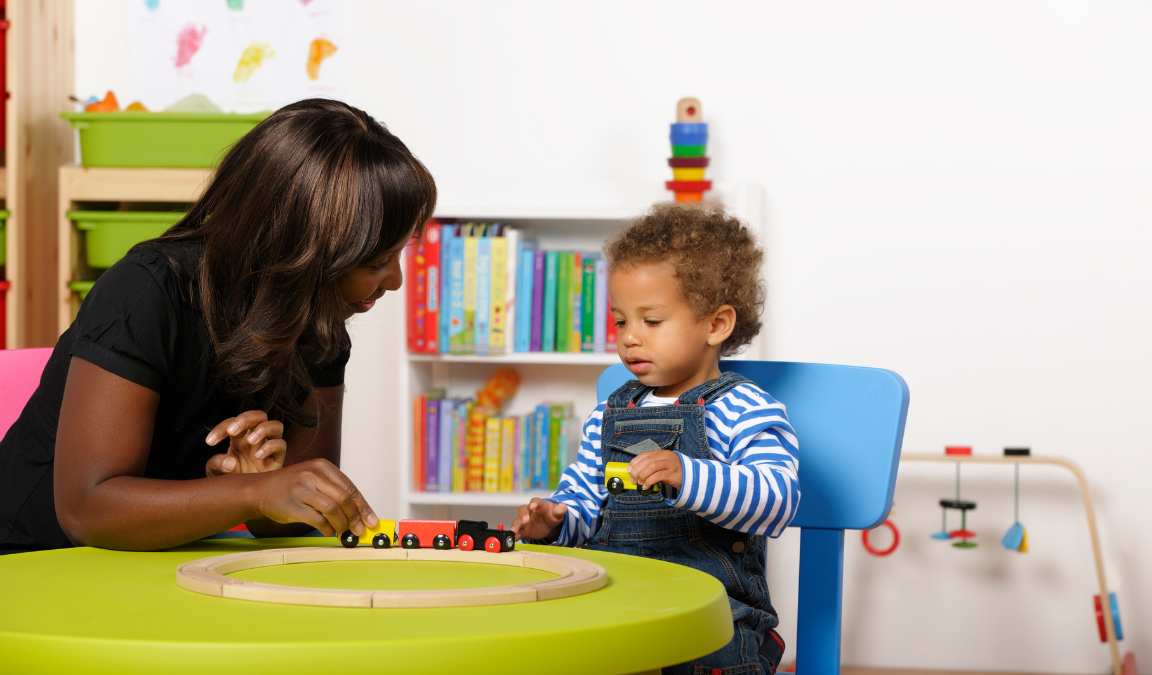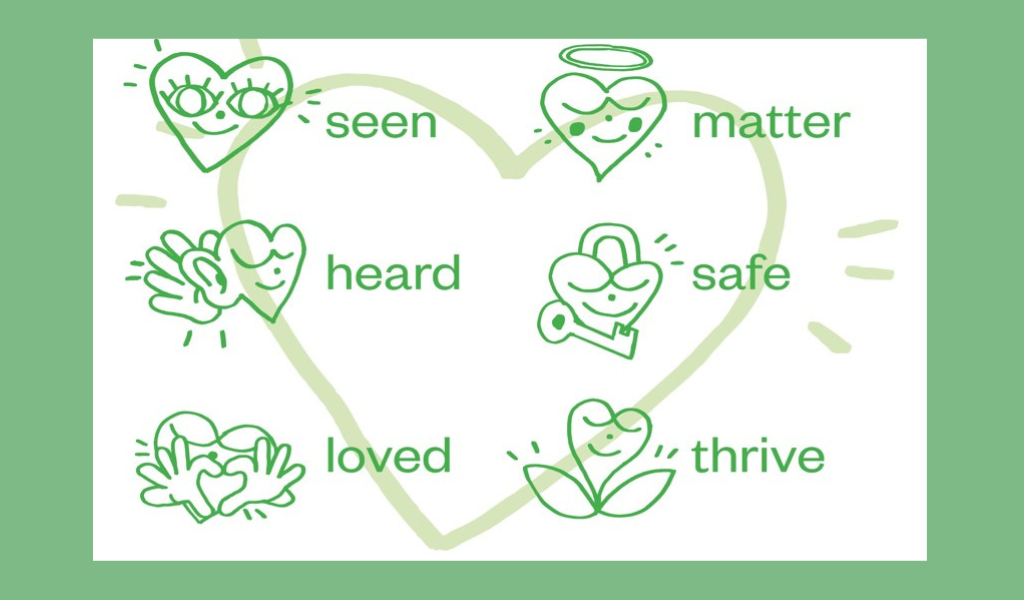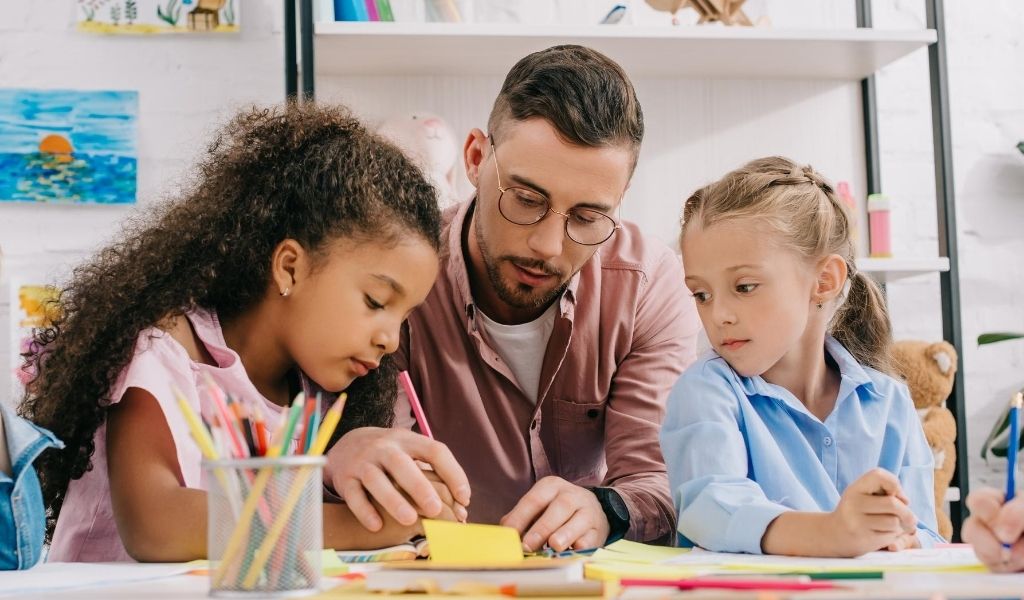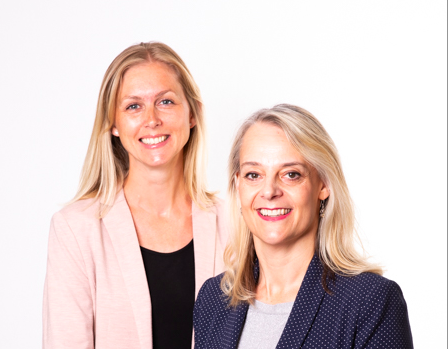There are multiple theories as to how we develop speech, language and communication but the common theme is that learning to communicate is an active process – it doesn’t just happen!
To become effective communicators, children need a reason to communicate and a desire to do so and, very importantly, an adult to provide responsive feedback. Adults working with children in the early years are in a position to be the best resource for developing a child’s communication skills. Mindful interactions and an awareness of the power of everyday situations and experiences will benefit all children who are in your care.
Every child with speech, language and communication needs is unique and will present differently. You may see two children with speech sound difficulties however the nature of these will vary as will the impact on their ability to play, learn and interact. Some speech, language and communication needs will resolve in childhood and others will be life-long.
The number of children with speech, language and communication needs is growing and so those of us in education are in a position to offer support and understanding through our everyday actions and practice. So how can we do this in a busy environment?

Here at Thriving Language, we feel the key role of the educator is to understand the child, their communications, their patterns of play, and their emotional and physical wellbeing. The most important aspect being the child’s story; who they are, what they already know, who is their world, what do their experiences bring and how can we value and listen to them?
The Thriving Language Approach below explores 6 key elements which are vital for quality interactions. These lead to great ways to support communication development.

This isn’t your typical communication toolkit and we haven’t given you specific activities to do to promote language development. The best communications happen through quality interactions and naturally progressive environments. So, what we are giving you is 6 key elements which are the foundations for building communication skills:
How do you feel about your own communications? Look back at the model, are you heard and seen? It matters how we feel, we cannot teach and co-regulate young children if we are not regulated and we don’t reflect on our own practice.

As educators we must all create environments where children are understood. We are not just teaching for today, we are educating for the future.
We all have a duty of care and should want to respond to all non-verbal and verbal communication. It is vital that we create environments where all children are understood no matter how they are communicating. How you connect in practice today really matters. ‘To be listened to is to be loved’ (Thriving Language).

Rebecca Skinner and Becky Poulter Jewson are the co-founders of Thriving Language. Having worked together in Children’s Centres for many years, they could see the true benefit of Early Years and Speech and Language Therapy working together in complete harmony to support children and families.
Rebecca Skinner qualified as a Speech and Language Therapist in 2001 and is the Director of Speech Therapy and author for Thriving Language. She also works as a Specialist Speech and Language Therapist for the NHS.
Becky Poulter Jewson has over 25 years experience working with children and families as a qualified Early Years Lead and is the Director of Early Years and author for Thriving Language.
For more information about the Thriving Language approach visit: www.thrivinglanguage.co.uk